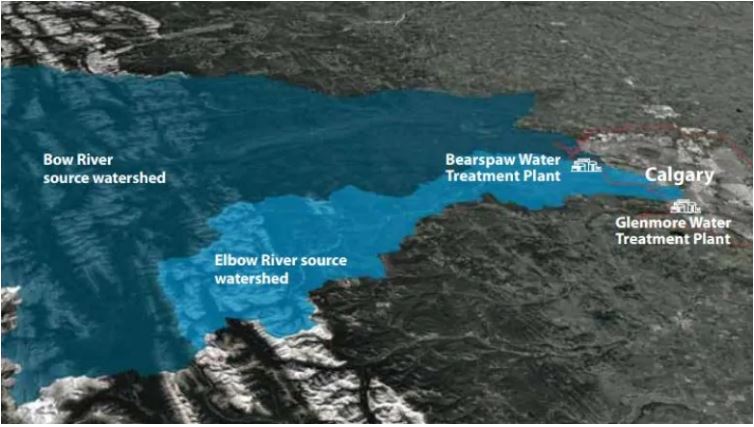Last summer’s drought shrivelled crops in Western Canada. Vast swaths of prairie — typically bright with golden stalks of wheat and yellow canola flowers in bloom — faded to brown. The worst in 60 years , it shrunk national wheat production by 38.5 per cent ; canola by 35.4 per cent. Almost all of the agricultural land on the Prairies (99 per cent) was still abnormally dry or in moderate to exceptional drought as of Nov. 30, according to the Canadian Drought Monitor . And Canada isn’t alone in experiencing a prolonged 2021 dry spell. Brazil faced the worst drought in nearly a century, causing coffee crops to fail and power costs to soar. Antarctica was the only continent unaffected by an otherwise worldwide drought .
New forecasting tool to help Manitoba farmers better manage extreme weather events
From current drought and dry field conditions to flooding in recent years, extreme weather events continue to create challenges for Manitoba farmers. The Government of Canada is working with the agricultural sector to equip farmers with tools they need to proactively manage and mitigate risks associated with these events. Today, on behalf of the Minister of Agriculture and Agri-Food, the Honourable Marie-Claude Bibeau, the Parliamentary Secretary to the Minister of Environment and Climate Change (Canada Water Agency) and to the Minister of Economic Development and Official Languages (Western Economic Diversification Canada) and Member of Parliament for Winnipeg South, Terry Duguid, announced an investment of over $1.1 million for the Manitoba Forage and Grassland Association (MFGA). The funding will be used to develop a new forecasting tool that will help farmers and stakeholders better understand and manage extreme weather events within the Assiniboine River Basin.
Upstream wildfires could contaminate Calgary's drinking water — so the city's planning ahead
Wildfire season is getting longer in Alberta every year with climate change, scorching land and polluting the air with thick smoke. But, the City of Calgary is studying another, perhaps less obvious, impact of wildfires — drinking water contamination. There haven't been any major fires in the Bow and Elbow river watersheds, upstream of the City of Calgary, for years. But, there are fears a major fire west of the city could wash burned material into the rivers, impacting the drinking water supply for the city's 1.4 million residents.




